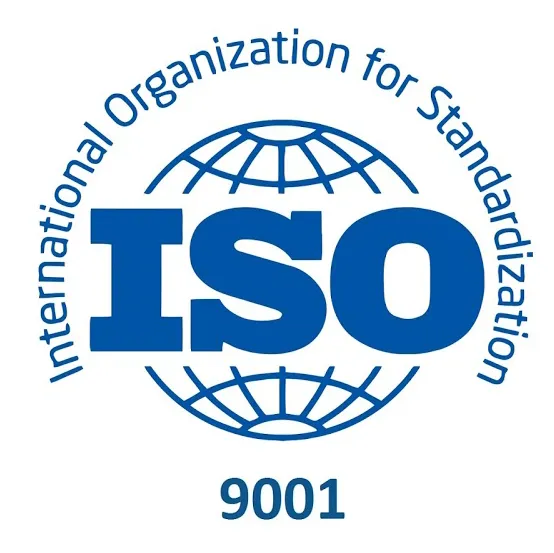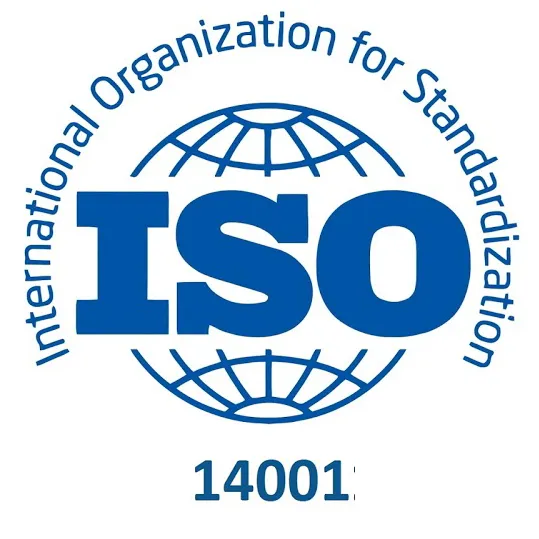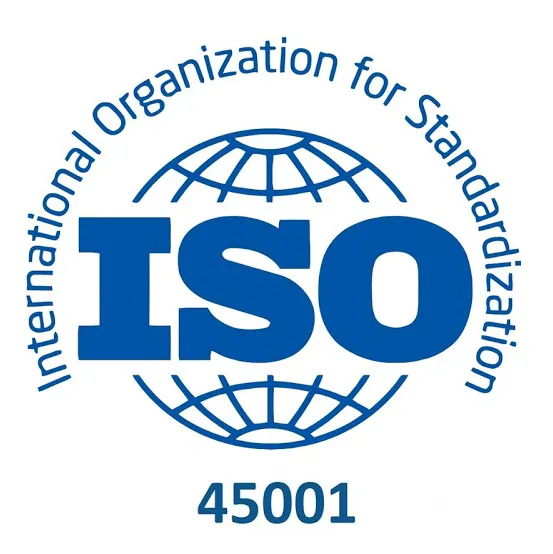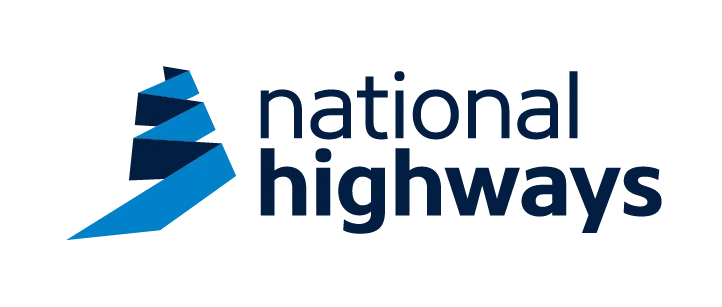Management Systems
The Challenge
Too many businesses get trapped in the chaos of compliance, over-documented, under performing, and always firefighting. If your systems feel heavy, slow, or disconnected, you’re not alone. The challenge is real but it’s also fixable.
Our Solution
We bring your operations into focus. Whether it’s ISO 9001, 14001, or 45001, we build frameworks that drive performance, cut waste, and make compliance second nature. Our systems are built around your people, your processes, and your goals, not templates.
Who We Help
We partner with forward-thinking organisations that want more than a certificate. From construction and manufacturing to service-based industries, we help you build systems that strengthen culture, simplify work, and boost results.
Why This Matters
Quality
Deliver excellence every time.
Environment
Prove your commitment to sustainability.
Safety
Protect your team and reputation.
Efficiency
Cut clutter, save time, and stay ahead.
Reputation
Show clients and regulators that you lead by example.

ISO 9001 Quality Management System

ISO 14001 Environmental Management System:

ISO 45001 Health & Safety Management System:

National Highways Sector Schemes (NHSS):

Safety Systems in Procurement (SSiP)

Veriforce CHAS

Common Assessment Standard
Why Choose WestropWebster
We don’t just tick boxes, we transform how businesses think about compliance.
Our clients consistently achieve smoother audits, stronger performance, and greater team ownership.
With partnering with WestropWebster, compliance becomes a catalyst for growth.
Our Proven Process
Discover
We assess your current setup and uncover opportunities.
Design
We create tailored, lean systems that reflect how you actually work.
Deliver
We guide implementation, training, and continual improvement, so your system grows with you.
























